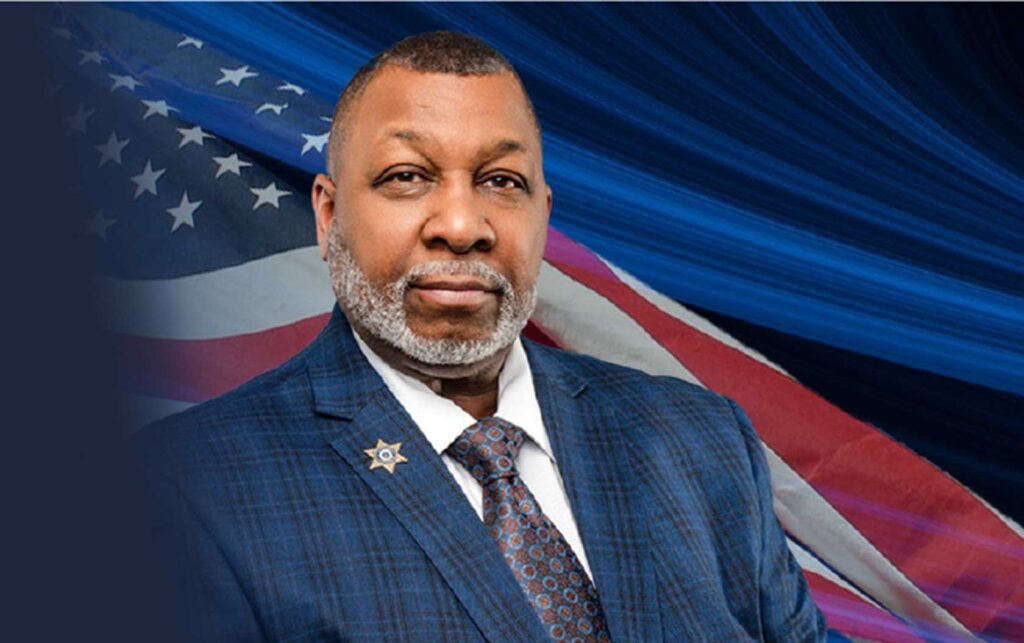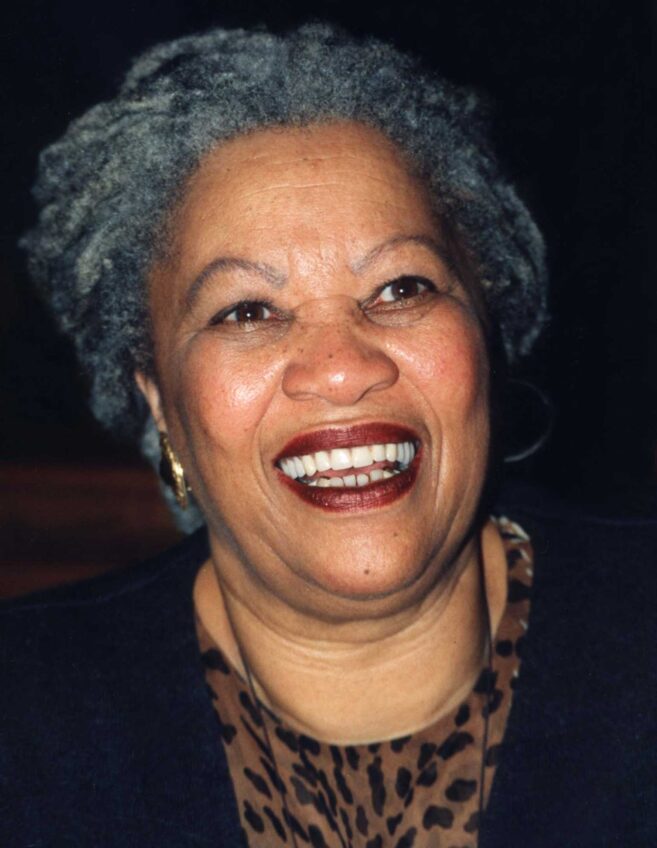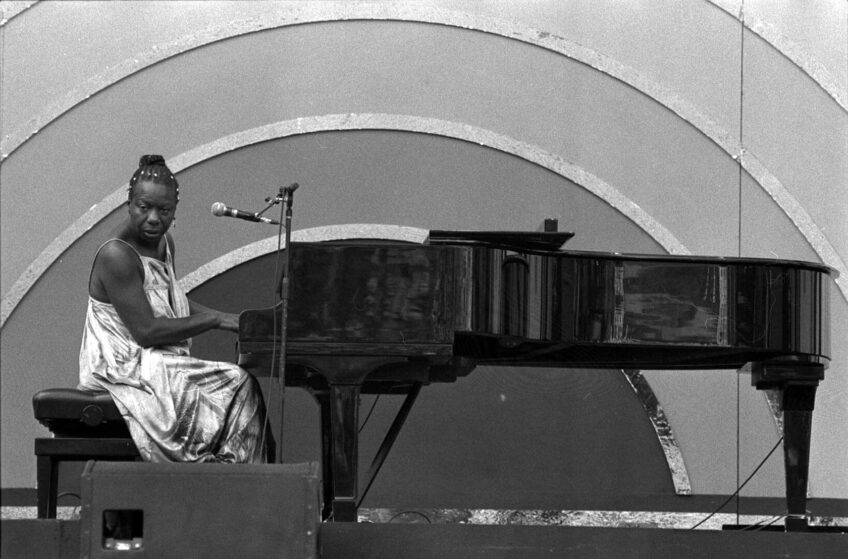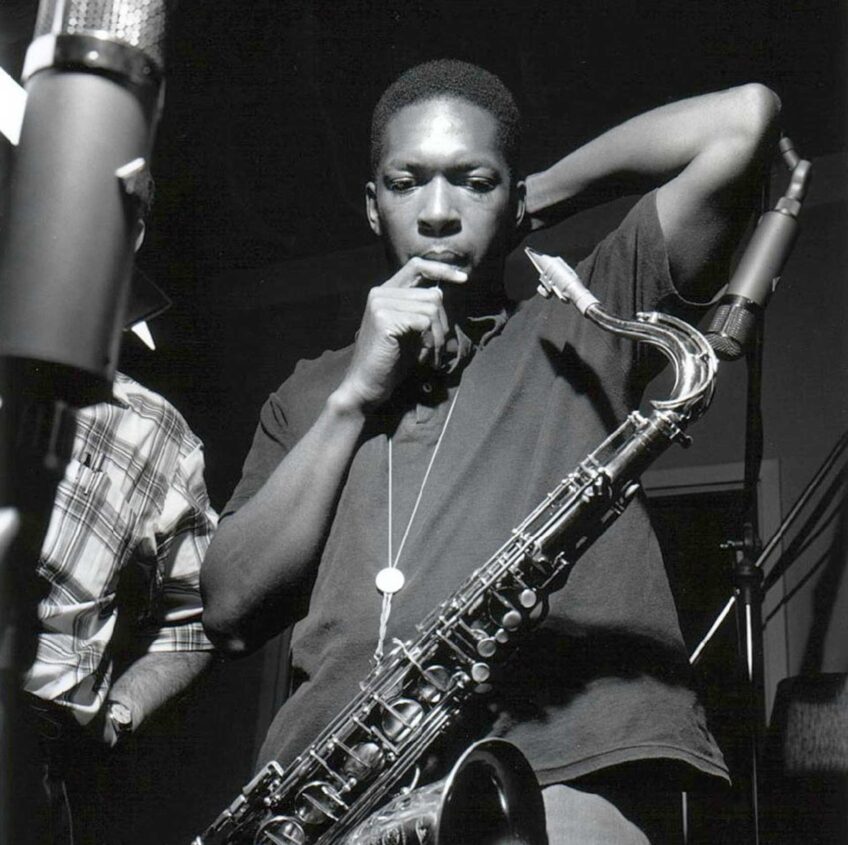
Breakfast for Brothers: How Breaking Bread Can Build Belonging
“The way to a man’s heart is through his stomach.”
It’s a phrase often iterated playfully, but for a group of committed community leaders in Boston, it has become the gateway to generational healing. With the relaunch of Breakfast for Brothers on Saturday, May 10th, from 8:00 to 9:30 AM at the Reggie Lewis Track and Athletic Center, this monthly morning gathering, which happens on the second Saturday of each month, aims to do more than break bread—it seeks to restore connection, dignity, and mentorship, combating the stoic archetype of traditional masculinity that has left streets fractured.
A hunger for guidance transcends metaphor. In my years working as the Sheriff of Suffolk County, I regularly encounter youth in our justice system who remind me of what the examples of brotherhood can manifest in the trajectory of a young man’s life. Breakfast for Brothers is not a luxury—it is a vital piece of the public safety puzzle.
At its core, Breakfast for Brothers, which began in 2010 as a space—deliberately non-institutional, deliberately human—where brothers, particularly Black and Brown men, can extend themselves and impart wisdom to youth in search of belonging. It is also, as its name implies, disarmingly simple. Attendees sit around tables with hot food and open hearts. They talk. They listen. They share burdens. They witness one another.
The program is designed with intentional layers. Each gathering begins with a hot, culturally relevant meal, followed by reflective conversations around wellness, identity, fatherhood, and legacy.
For John Matthew Borders IV, one of the program’s co-founders, the magic lies in that simplicity.
“Some guys love the idea of mentorship, but may not have had the capacity to commit to mentoring one-on-one,” says Borders. “The thought was, ‘How can we come together, create something a little less cumbersome?’”
The demand for such a space is urgent and persistent. Experts continue to underscore a quiet epidemic of male loneliness, exacerbated by the decline of interpersonal connection in the digital age, generational trauma, structural inequities, and the emotional isolation that often comes with navigating life as a person of color in America. A study from NYU’s Applied Psychology Department revealed that individuals who lack fulfillment of physiological and safety needs often turn to gang membership to meet unmet desiresfor security and fraternity, highlighting the urgency of positive alternatives to negative coping mechanisms.
Breakfast for Brothers meets the crises of food insecurity and male companionship droughts not as charity, but as community—a space where men can access every layer of Maslow’s Hierarchy of Needs, from the most basic promises of nourishment and safety to the profound building blocks for healthy esteem and potential for self-actualization.
Michael Scott, a consistent presence in the program, speaks to this directly: “This is actually a very ancient practice—people getting together and providing for their community. All of the men are a big part of preserving culture… So while [mentorship] is a big weight on your shoulders, this is a community weight; something that we have historically done together and will continue to do together.”
This group-shouldered effort of collective childrearing reform is supported by Janelle Ridley, Director of Programs and Community Engagement for Reggie Lewis Track and Athletic Center, who works to facilitate a sustained network of care—a lattice of support to help combat the school-to-prison pipeline. Ridley, who brings years of experience from both child welfare and education systems, is frank about the structural challenges. “Generational curses are real. Generational cycles of discord, division, and dysfunction are real,” she says. “If the school does not start affirming from a young age the identity of young people… we’re going to continue to have these situations.”
That network she helps cultivate is expansive. Breakfast for Brothers partners with the Suffolk County Sheriff’s Department, MAMLEO, Greater Boston Association of Black Social Workers, BMA-10Point and Roxbury Community College. The program is free and open to all, with a special focus on father-son and brother pairs—echoing the intergen-erational repair it hopes to foster. Over the next year, this 12- month pilot will offer consistent opportunities for bonding.
In affirming New Jersey Senator Cory Booker’s alternative to the school-to-prison pipeline with cradle-to-career advocacy, I asked the Breakfast for Brothers team how they make strides towards actionable change. Their response: “One kid at a time. One relationship at a time. It’s a hyper-focus on, ‘We don’t need to impact the entire nation. We don’t need to impact the entire state. We don’t need to impact every neighborhood. We need to impact the people at this table right now.’”
This is what Breakfast for Brothers offers. Not a miracle. Not a panacea. But a beginning. A safe place. A full plate. A listening ear. And the kind of brotherhood that just might help a young man step into his power—before it’s too late.






